T H E M A R I N L A W Y E R





Supervising Editor: Robert Rosborough
Editor: Christopher Locke
Guest Editor: Mary Sackett
Creative Director Aariel Nigam

President Ahtossa P Fullerton President-Elect Scott Buell Secretary Thomas (Tom) McInerney Treasurer Kristine Fowler Cirby Past President Robert S. Rosborough 5 Year Past President Mary McLain
Board of Directors

2023 Directors
Chelsea E. Heaney Valerie G. Kushel Thomas M. McCallister Mary M. Sackett
2024 Directors Neusha N Ghaedi Jeffrey G Knowles Mary A Stearns Alexander S Vadhat David L Winnett
2025 Directors
Robyn B Christo Morgan H. Daly Shanti Eagle Lucie C. Hollingsworth Elisha J. Yang
Executive Director Mee Mee Wong
Membership & Events Administrator Denise Belli
The Marin Lawyer is published by The Marin County Bar Association 101 Lucas Valley Road, Suite 326 San Rafael, CA 94903 415-499-1314
info@marinbar org marinbar org





4 | 2022 President's Farewell: Ch-Ch-Ch-ChChanges ROBERT ROSBOROUGH
9 | Editor's Introduction: Immigration ROBERT ROSBOROUGH
11 | 2023 President’s Message AHTOSSA FULLERTON 13 | Brief Update on DACA PHILIP LEVIN 16 | Bay Area Bar Associations CLE Trip!
18 | Why I Resigned from the Bar of the United States Supreme Court STEPHEN SULMEYER
22 | The Life-Altering Consequences of Not Having a Lawyer: Marin's Newest Young Residents Highlight Marin County's Lack of Immigration Legal Services RACHAEL KEAST
26 | MCBA Bestows the Ann Diamond Young Lawyer of the Year Award on Ann Munene
29 | The Americans Campaign: A Successful Collaborative Model Supporting Citizenship LUCIA MARTEL-DOW
32 | '22 Bay Area MCLE Conference a Resounding Success MEE MEE WONG
35 | Meet the 2023 MCBA Officers and Board of Directors THE MARIN LAWYER
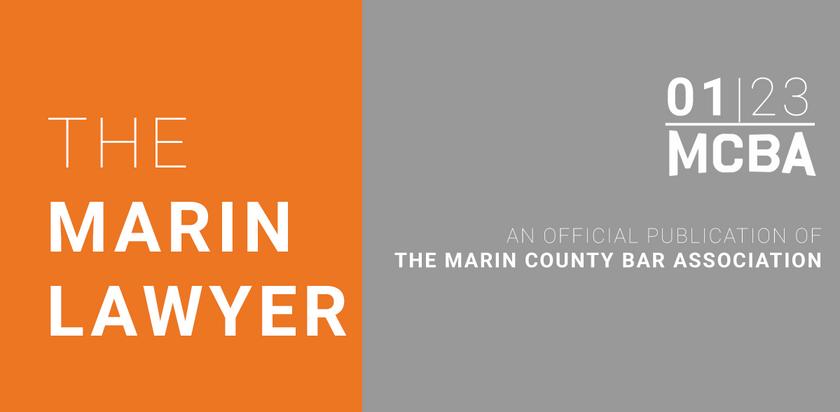
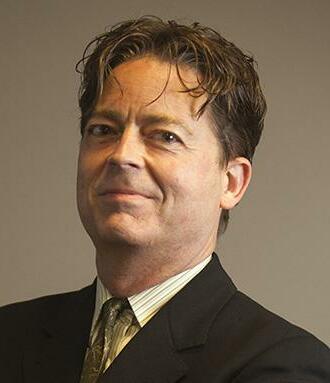
Time has paradoxical qualities, one of which is passing slowly and quickly simultaneously. It is more accurate, of course, to attribute this particular quality to ourselves rather than time itself whatever time is—and perhaps to the many different systems in our bodies that track time, with a due nod to Einstein that time itself can actually pass differently in different frames of reference.
Once again, we are arriving at the end of a year like a traveler after an arduous journey, where the shock of being here makes it seem like it took but an instant but we can remember oh so many instants. Nearly three years into a pandemic, those of us who are still here are not the same and neither is our bar association I do not think I speak only for myself to say that the energy and time it has taken to adapt to the novel difficulties and rapid changes in our lives and our practices have left less for leading our lives and simply…being. We have certainly had to turn and face the strange
So let’s take a moment to be grateful for being here in this moment. And to be grateful to those who helped us get here. While humans have an innate need for connection and belonging, it takes much more than that to make our bar association successful. I am happy to say that we have as many members as we did before the pandemic despite how different what we do looks. That is the result of a lot of hard work. I would like to acknowledge the generosity and dedication of my two pandemic predecessors as president, Sue Feder, and Tim Nardell, both of whom faced helping to run an organization under circumstances none of us envisioned when we started. Tim’s term as past president ends this month and we will very much miss his presence on the board Thank you, Tim, for all you have done for MCBA.
Of course, it is our indefatigable executive director, Mee Mee Wong, who really keeps this organization not just running but vital. We are a smaller bar association and always will be. We do not have the luxury of lots of staff to provide lots of services Mee Mee deserves enormous thanks for enabling us to do what we do. I would also like to thank our part-time staff: Denise Belli for making all of our events possible, both in-person and virtual, and Kiersten Ross for making our communication with you, our members, and readers, possible Kiersten has been the creative director of the Marin Lawyer since we started the digital magazine and is the reason we have been able to produce such a great-looking magazine. Sadly for us, Kiersten has moved on to work with her husband in their own business and I wish them both great success Finding someone who can do what she did has been challenging
and is the reason you are not seeing a December Marin Lawyer magazine. However, you will see a January issue, with a welcome message from our fabulous incoming president, Ahtossa Fullerton.
At this time of rapid change, where how we get together and how we present programs even how we appear in court is something that has to be considered and decided, I encourage you, our members, to participate actively in MCBA. Our section and committee chairs are vital to keeping us connected and vibrant. And of course, so is our board of directors. I would especially like to thank the directors whose terms are ending this month Each of them has spent the three years of the pandemic helping navigate MCBA through the Scylla of isolation and the Charybdis of infection: Emily Charley, Chris Locke, Ann Munene, and Karthik Raju. I would also like to thank Wanden Treanor, who graciously agreed to serve as five-year past president this year despite being retired. The fact that she has given so much to MCBA and the community at large over decades did not deter her from bringing all of her wisdom and enthusiasm to this job her
leadership and a better organization but everyone is there because of everything they bring to being a board member. I’m glad that I was able to serve as a gay man and I’m sure to some small degree this helped bring a different perspective to the board but so did the fact that I’m a meditator. I think we should avoid too many years where every new board member is the same gender but I feel great that we are diverse enough that one year, they are all women just because those five people will be great board members (Then again, I often think women should be running the world.)
Our section chairs also deserve our thanks. They are a critical part of MCBA: our sections are the vehicle through which our members most commonly interact In particular, I’d like to thank our departing section co-chairs: Derek Weller of real property, Laura Gibble of probate and estate planning, Jenny Schwartz of labor and employment law, and Susan Feder and the Honorable Lyn O’Malley Taylor (ret.) of ADR. I would also like to thank Scott Lueders, who is departing as the long-time chair of our fee arbitration panel. Scott has devoted many hours and much expertise to an important service for our members and our clients.
I would also like to repeat an observation about the incoming board members I made at our judges’ luncheon: all five are women. But my observation was not just that they are women but that we did not set out to make this happen. Yes, the board strives for diversity of all kinds, including practice It is a welcoming place where diversity is valued because it leads to better
My final thank-you is a personal one I feel enormous gratitude to Barbara Monty and Matt White for welcoming me into a community and for their invaluable support and wisdom. Indeed, I am grateful to all my wonderful Monty White colleagues. You can thank—or blame—Barbara for a casual remark that began my involvement with MCBA’s board.
The six years I have served on the board, including my year as president, and in my role as editor of the Marin Lawyer for the last six years, I have often asked what you would like from MCBA. While we do not have a large staff to

to conjure new initiatives out of thin air, simply expressing your views and sharing your ideas for events, benefits, programs…anything…is tremendously helpful. I once again encourage you to feel free to share your thoughts with any director, officer, or staff, whether running into someone on the street or emailing them with an idea the moment the inspiration strikes
Sharing your ideas does not mean that you are committing to anything more than that. But of course, doing more than that can be rewarding in so many ways. I found my work as editor of the Marin Lawyer enabled me not just to meet lots of people but to actually work with them, which has been a wonderful experience. I don’t know that this will surprise anyone, but I am not a big joiner. I am a strong introvert and can easily isolate myself. Yes, I teach meditation, conflict resolution, and what I’ll call historical botany but because I like sharing knowledge (perhaps even a little wisdom), not because I naturally like standing in front of a classroom. I say this because I encourage other introverts to consider serving MCBA, knowing that there is plenty for you to do
At the risk of not seeming very wise, before signing off I want to share a few thoughts in my farewell president’s message that may serve as food for thought or even inspire someone. We have a strong tradition of pro bono service in
Marin, from programs in the court to Legal Aid to the no-longer-new Lawyers in the Library developed and run by MCBA and the Law Library. But we have an even greater need. We have many opportunities and I encourage everyone to contribute. If there isn’t something that works for you, create it. Legal Aid has grown tremendously Its new executive director, Laura McMahon, is creating new programs. Help her! I have had the privilege of making a small contribution in helping to create a new program of a clinic model for basic estate planning pro bono services. There is always more to be done.
I have also written before about the integrative law movement. I encourage all lawyers to be aware of what other fields can bring to the practice of law and the justice system. I think of this very basically: it’s simply about reality. If the law is to serve society well and promote justice and fairness, it needs to pay attention to how society, and the people who make it up, actually function. Psychology, neuroscience, and many other fields have something to teach us. And I hope someday, there will be no “alternative” dispute resolution; too much of the legal system is about moving certain assets from one person to another without addressing what drives the conflict or even bringing any true resolution. It is a sad state of affairs when the majority of "winners” in court are nonetheless deeply unhappy

I am painfully aware that there are people in conflict who are out of reach, who will never adjust their own perspective, who cannot even see themselves, much less someone else, but they are the exception. Listening and trying to understand go a long way to improving society and I think as a society we are doing less and less of it instead of more and more. As a liberal, I am distressed not only by the deliberate misinformation, lies, and manipulation by so many people and institutions on the right but also by the opposition to free speech of so many on the left. I do not question that speech can and should be regulated at times but shutting down genuine viewpoints is counterproductive Doing so causes more polarization.
I am particularly distressed by the frequency of the “one strike and you’re out” mentality. People make mistakes. Even worse, many times the one strike is not even a strike, and the batter I mean the speaker is never given a chance to clarify. While the right has too often cried wolf with the accusation of “cancel culture” when it is simply a rejection of their ideas rather than suppression, cancellation is so virulent when it does occur all too often that I see injustice and unfairness proliferating. We should take no comfort when it happens to someone with whom we disagree or whom we dislike; it simply makes it more likely to happen to everyone. Humans have a distressing natural tendency to see their own mistakes as simply a mistake that says nothing about who they are nothing about their core identity but to see a single mistake of another as defining who that person is there’s even a name for it: the fundamental attribution error.
My wonderful colleague Eileen Barker is a leading expert on forgiveness. One of the basic truths of forgiveness should tell us something about the destructive power of this error and of silencing those with whom you disagree: forgive-
ness is for ourselves the forgiver is the one who benefits most. That doesn’t make listening easy or mean that we can always influence someone else’s views. But we have a much greater chance of seeing the good in our shared humanity when we make the effort to communicate
I’ll step down from my soapbox now. But I hope that all of us can work to increase civility and understanding, here at home and wherever we can. Life is difficult enough. Authoritarianism is on the rise. Our Supreme Court is wildly out of step with society. We are still navigating a pandemic. War is raging. And yet I’m still an optimist I’m sure it’s easier living in a beautiful and privileged place. But I believe everyone can make a difference. If you can make a difference in war or the pandemic or the Supreme Court, please do. If you cannot, then make a difference wherever you can. I’ll leave you with some hopeful change in my life I did not have the easiest year this year. I lost a close friend and I lost my mother-in-law. My mother-in-law was 99, an Evangelical Christian, and a committed Republican whom I could not meet for the first ten years of my relationship. Her last words were, “I love you," to me To paraphrase Catullus’ most famous words, "atque in perpetuum, mater, ave atque vale."
Rob Rosborough is Of Counsel to Monty White LLP. He mediates disputes where an ongoing relationship is at stake, particularly adult-family conflicts such as disagreement over caring for an aging parent, and HOA disputes He also maintains an estate planning and HOA practice Rob teaches at USF’s Fromm Institute (conflict resolution and history of science) and helps lawyers cope with the practice of law by teaching them meditation skills as a certified iRest® meditation teacher. His author photo is from 2014 on the top of Mt Livermore-not the one here, but the one in West Texas, which is Texas' second highest mountain at just under 8400 feet

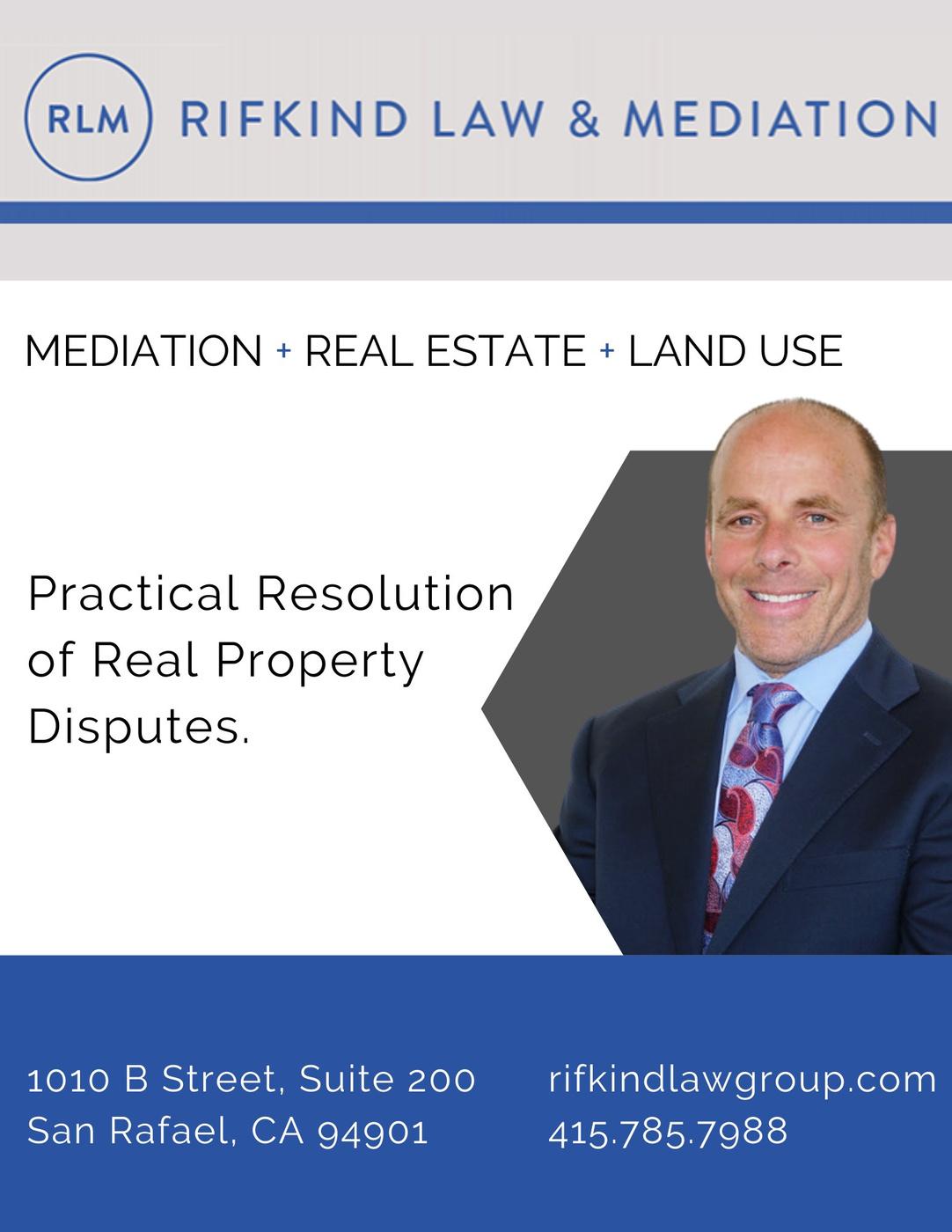
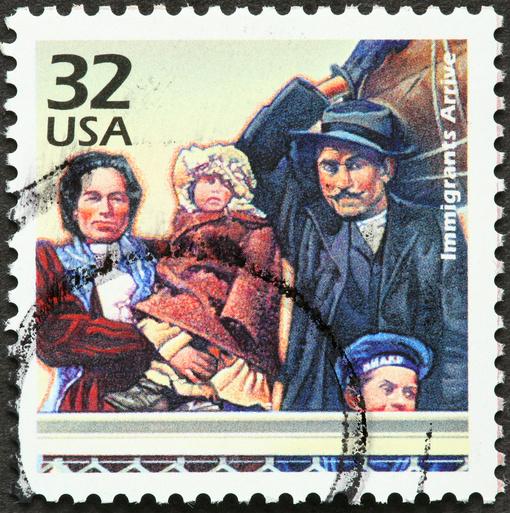
Just when you thought you’d seen the last of me, here I am again. This time I’m stepping in for our editor, who termed off of MCBA’s board at the end of the year and with our altered publication schedule, has other commitments. This issue of the Marin Lawyer brings you several articles on immigration Marin has seen the Office of Refugee Resettlement place a significantly increased number of immigrant children here. Marin County Deputy Public Defender Rachael Keast laments the lack of representation for these children, many of whom will qualify for lawful status here but will never obtain it because of the lack of legal assistance.
Lucia Martel-Dow of the Immigrant Legal Resource Center discusses the difficulty of the path to naturalization and the role of the New Americans Campaign in facilitating all kinds of help with that path. And Phil Levin gives us a brief update on DACA, which may have faded from the news of late but which is still very much the subject of litigation that will have a profound effect on Dreamers.
Finally, Steve Sulmeyer has written a compelling essay on his difficult decision to resign from the U.S. Supreme Court Bar because of the politicization of the Court’s decisions.

Rob Rosborough is Of Counsel to Monty White LLP. He mediates disputes where an ongoing relationship is at stake, particularly adult-family conflicts such as disagreement over caring for an aging parent, and HOA disputes He also maintains an estate planning and HOA practice Rob teaches at USF’s Fromm Institute (conflict resolution and history of science) and helps lawyers cope with the practice of law by teaching them meditation skills as a certified iRest® meditation teacher. His author photo is from 2014 on the top of Mt Livermore-not the one here, but the one in West Texas, which is Texas' second highest mountain at just under 8400 feet









Welcome to 2023! I hope all of you are faring well during this incredibly wet January. The beginning of a new year brings the promise of both change and renewal. For me, this new year marks the privilege of a year of service as President of the Marin County Bar Association. I am honored to be a part of this remarkable organization, and I look forward to a year of camaraderie, connection and great programming in the service of our mission.
I would like to express my appreciation to our 2022 outgoing President Robert Rosborough, who gracefully led this organization through the unique challenges of an ongoing pandemic. Rob could always be counted upon for his tireless work ethic, level head, and kind humor He has been an essential part of the MCBA Board, serving as Editor of the Marin Lawyer, in addition to his many years of Board and Committee service. As he steps back from his editor role, we are working on filling this significant vacancy on our newsletter team MCBA members who have an interest in working on the newsletter are encouraged to reach out to MCBA to join us in producing this incredibly dynamic and important communication.
We hope to see all of you at our upcoming, annual Installation Dinner, taking place on February 9th at Alexander Hall in San Anselmo. We will celebrate our new board, welcome our 2023 MCBA Scholarship recipients, and present the Ann Diamond Young Lawyer Award to this year’s recipient, the amazing Ann Munene Please purchase your tickets quickly, as space is limited.
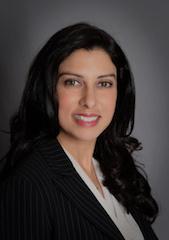
We also hope you will join us for an incredible line-up of upcoming programs. February 23rd, the ADR Section presents “The Art of Listening in the Midst of Conflict: How to Do it and Why it Mat-
lters.” On March 15th, the Probate and Estate Planning Section presents “A Year in Review of Recent Probate Case Law.” And, our March 30th membership meeting introduces Justice Carin Fujisaki, who will discuss her work at the Court of Appeal and her experience as Principal Attorney to former Chief Justice Cantil-Sakauye.
I hope to spend this year facilitating engagement and participation in MCBA, as well as promoting respect, civility, and kindness among our members and the bar as a whole We are so fortunate to be practicing law in such an incredible place. Together, let’s make 2023 a year to remember!

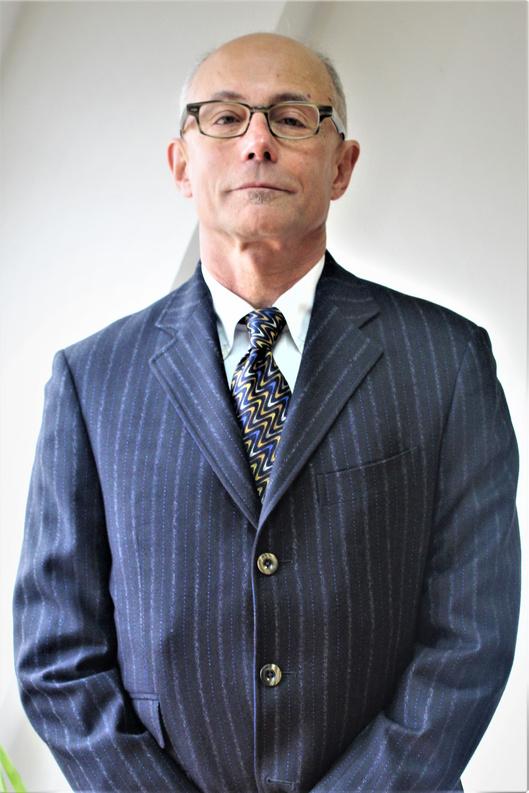
On October 5, 2022, the Fifth Circuit Court of Appeals remanded State of Texas v. USA, a case regarding the continuation of the Deferred Action for Childhood Arrivals program ("DACA"), back to the District Court judge who had already ruled against the program’s enactment.
On October 5, 2022, the Fifth Circuit Court of Appeals remanded State of Texas v. USA, a case regarding the continuation of the Deferred Action for Childhood Arrivals program (DACA), back to the District Court judge who had already ruled against the program’s enactment. The Fifth Circuit agreed with the lower court that the 2012 DACA scheme as implemented by the Obama administration was illegal in that it conflicted with the limits of executive authority found in the Immigration and Nationality Act. Ultimately, however, the Fifth Circuit sent the case back to the District Court to review the newer, updated DACA policy promulgated by the Biden administration. This policy was originally expected to take effect in October 2022
The DACA program is an attempt to assist the “Dreamers,” children brought into the U.S. unlawfully, usually by their parents or other relatives. There are currently approximately 600,000 DACA recipients These applicants, innocent of any “immigration violation” in almost
Since 1990, Mr. Levin has been a Certified Specialist in Immigration Law by the State Bar of California He has focused his practice exclusively on Immigration and Nationality Law and has developed an expertise in assisting both companies and families in meeting their needs. Mr. Levin received the Wiley W. Manuel Award for Pro Bono Service from the Board of Governors of the State Bar of California, and has been on the Board of Directors of Legal Aid of Marin since 2006
all senses of that phrase, receive only two things from the United States: the opportunity to seek an employment authorization card (known as an “EAD") and a temporary reprieve from deportation. DACA does not confer any legal status on those who have received it and, as a general rule, recipients do not qualify for any legal status through the methods that most use to obtain legal permission to remain in the U.S., i.e., via family or employment Ultimately, because the District Court has already ruled the program unlawful, stating that DACA is “manifestly contrary" to federal immigration law, there is little hope that the program will survive without a legislative fix. Because the lower Court held there is no “clear Congressional authorization" for the program, we must insist that our representatives in the House and Senate do their duty, and finally, pass a law to protect these young immigrants.
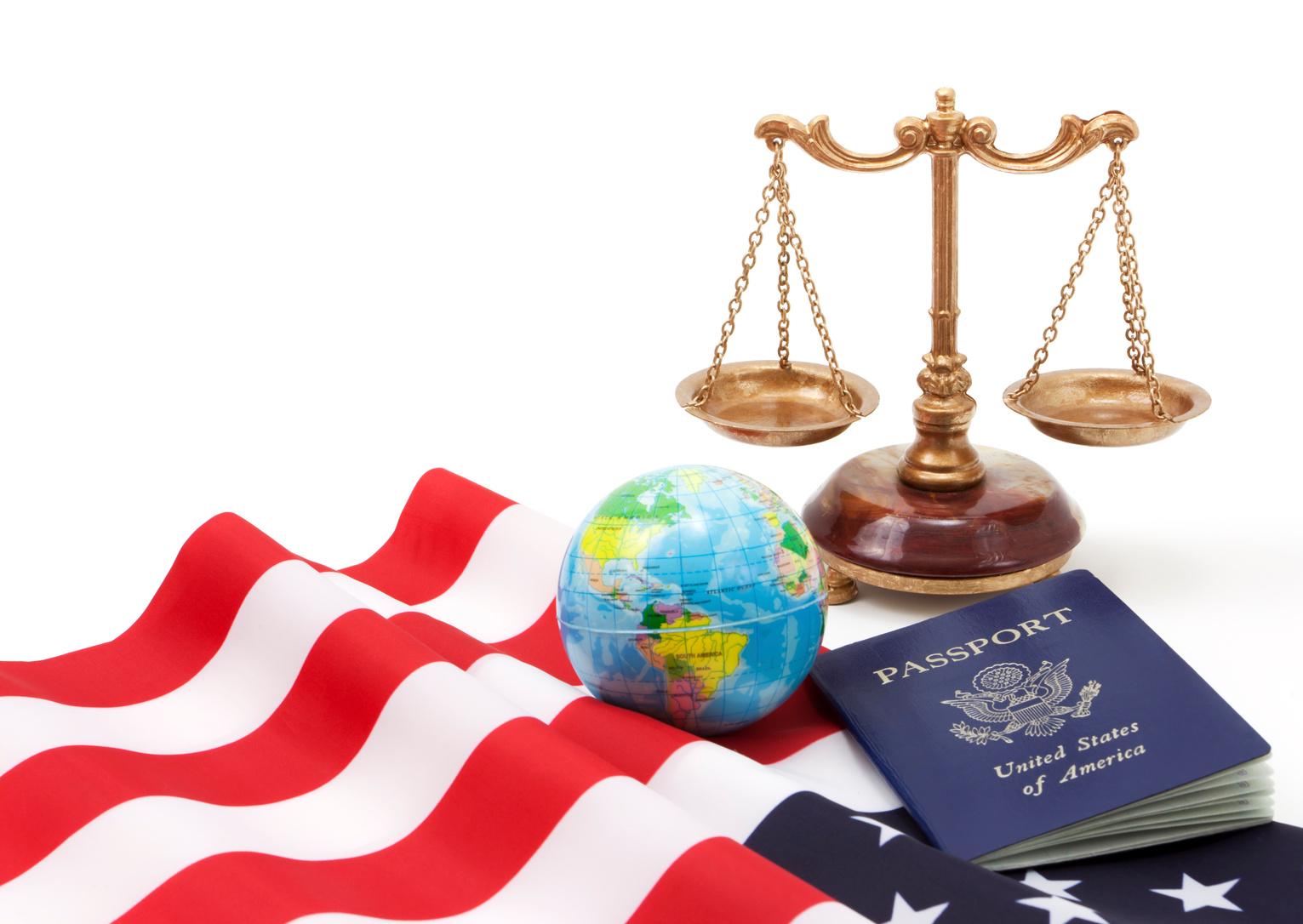
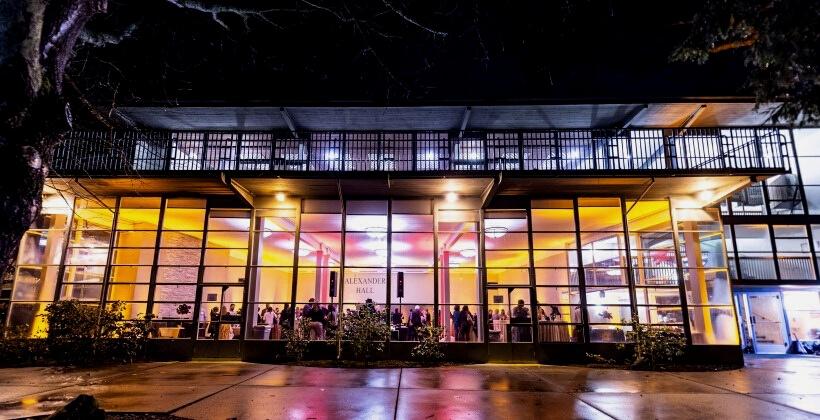







SUPERIOR COURT OF CALIFORNIA
County of Marin
The Marin County Superior Court is looking for attorneys who either reside or are employed in Marin County to serve on the Marin County Law Library Board of Trustees The Marin County Law Library is an essential resource for attorneys, paralegals, law students, court reporters, and individuals representing themselves in court.
Responsibilities include preparation for -- and attendance at -- monthly board meetings to discuss and oversee Law Library matters and committee work on special projects as needed. Current matters before the Board of Trustees include addressing funding challenges, maintaining the publications collection, and increasing awareness of the County Law Library as a legal resource for the entire community through engaging educational program offerings Desirable skills include one or more of the following: grant writing, fundraising, technological expertise, or inclusive community outreach.
The Law Library, located at 20 North San Pedro Road in San Rafael, provides access to legal information through a variety of media, research assistance, and technologies In each California county, a Law Library Board of Trustees is established and governed by California Business and Professions Code Section 6300-6307.
You may obtain the application by visiting our website at www.marincourt.org. Go to the Homepage and click on the heading under News from the Court entitled, “OPENINGS ON MARIN COUNTY LAW LIBRARY BOARD OF TRUSTEES."
Please email your completed application to administration@marincourt.org or send by mail to the Marin County Superior Court P.O. Box 4988, San Rafael, CA 94913-4888 no later than February 28th, 2023 at 4:00 pm
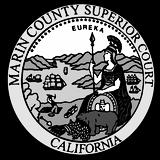
MCBA will be joining other Bar Associations in offering two special CLE programs in Portugal (May 10-18, 2023) and Scotland (June 11-17, 2023).
LEARN MORE!
Register by December 12th, 2023, for $100 off (EARLYBIRD DEAL)
We invite you and your guest(s) to join our delegation for a journey through Portugal's Old World allure and New World splendor, exploring Lisbon and Northern Portugal's rich cultural delights, diverse wines, and vibrant culinary scenes. Our immersive program will engage with
local scholars, attorneys, musicians, and artistsoffering poignant commentary on Portuguese and EU legal and political systems, USPortuguese relations, art, history, architecture, and religion.
You do not want to miss this opportunity to experience the heart of Portugal while receiving MCLE credit! Portugal has more to offer than what can be seen in a mere week- so those who wish to extend their stays in Portugal or Europe beyond our program dates may certainly do so at their discretion
Questions concerning the programming: daniel@cle-abroad com Questions concerning payment/registration: brigitte@cle-abroad com

MCBA will be joining other Bar Associations in
Scotland
June 11th-17th, 2023 LEARN MORE!
Register by December 21st, 2023, for $100 off (EARLYBIRD DEAL)
You and your guest(s) are invited to join our journey through Scotland’s historically rich and charming landscape. For such a small country, Scotland has a significant cultural footprint beyond its legendary kilts and bagpipes. Sitting on the Northernmost point of the United Kingdom, Scotland has a robust and independent history of Roman soldiers, Vikings, noble clansmen, and powerful monarchs. Today, the country must reconcile its unique civil law roots with the more centralized UK common law, as well as the renewed notions of independence following Brexit. Our private delegation will explore different aspects of Scottish culture, history, and contemporary society.
Experiences will include castle tours, traditional music, dance, whiskey, and haggis; as well visits to Scotland’s second city – Glasgow, and the picturesque St Andrews- the birthplace of golf We will also gain a working knowledge of the Scottish legal and political system through guided visits to high Courts and the Scottish Parliament.
The amusing capital of Edinburgh will be our home base for this unique opportunity to enjoy the best of Scotland while earning CLE credits! Friends and family are welcome.

two special CLE programs
Portugal (May 10-18, 2023) and Scotland (June 11-17, 2023).
Questions concerning the programming: daniel@cle-abroad com Questions concerning payment/registration: brigitte@cle-abroad com
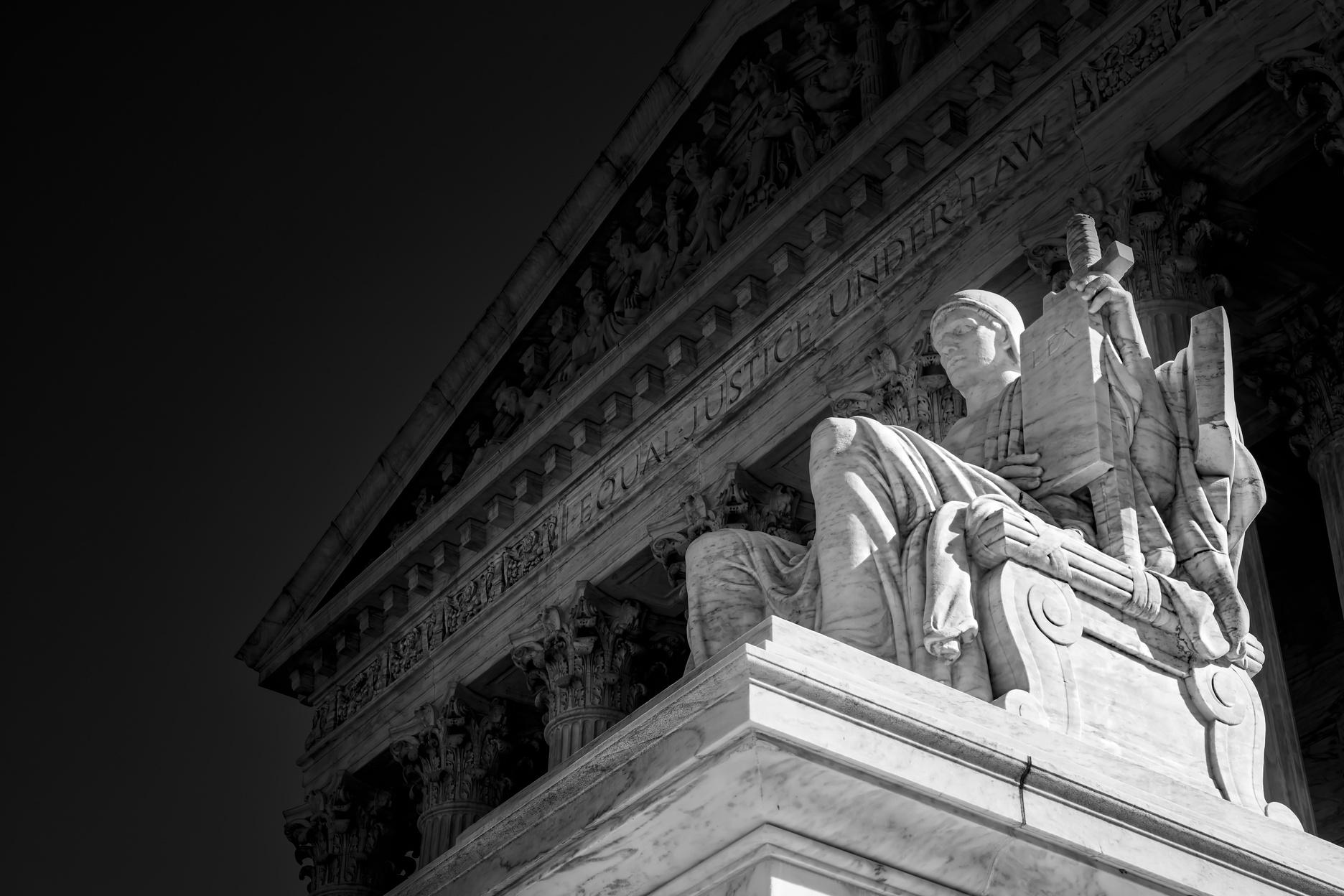 Stephen Sulmeyer
Stephen Sulmeyer
In August, I sent a letter to Chief Justice Roberts resigning as a member of the bar of the United States Supreme Court. I had always loved and respected the United States Supreme Court. Now, however, the flood of blatantly political and cynically-reasoned decisions since 2000 make me doubt whether such a restoration of legitimacy and faith in the Court as an institution will be possible.
In August, I sent a letter to Chief Justice Roberts resigning as a member of the United States Supreme Court bar. I joined the bar of the Supreme Court more than three decades ago because I had a client who wanted me to file an amicus brief in a case before the Court. In order to become a member of the bar of the Supreme Court, you have to be nominated by a current member. My father, who was by far the most brilliant lawyer I ever knew, was a member and nominated me When I received my certificate showing my admission to the Supreme Court bar, both of our names were on it. I was proud of that certificate and what it represented, and I had it framed and mounted on my wall along with my diplomas. It felt like a milestone in my career- like I had arrived at a new level of competence and accomplishment.
Part of my excitement had to do with the fact that I had always loved and respected the United States Supreme Court. Even as a kid, I was in awe of some of its decisions (my father was a lawyer, after all, and we were both history and political science buffs), particularly those made under the Warren court I grew up with. Brown v. Board of Education, which declared that the concept of separate-but-equal which had been used to justify state-sponsored segregation— which was unconstitutional, was one of them
There were many others, such as Gideon v. Wainwright, which declared that the Constitution requires that indigent criminal defendants be provided a lawyer at the state’s expense; Griswold v Connecticut, which declared that the Constitution includes a right of privacy that made
it unconstitutional for the state of Connecticut to outlaw the use of contraceptives by married couples; Loving v. Virginia, which declared that miscegenation laws forbidding interracial marriage were unconstitutional; and Cohen v. California, which held that a man who was wearing a jacket that said “fuck the draft” in the Los Angeles Superior Courthouse (I grew up in L.A., first practiced law there, and know that courthouse well) was engaging in protected speech and could not be criminally prosecuted.

Historically, the Court didn’t always get things right. There was the notorious pre-Civil War case of Dred Scott v. Sandford, in which Chief Justice Taney declared that a black man has no rights that a white man is bound to respect and denied a former slave’s right to freedom; Plessy v. Ferguson, an 1896 case which upheld the separate-but-equal doctrine and sanctioned racial segregation (and which was later overruled by Brown); and Korematsu v. United States, in which the Court upheld the internment of Japanese Americans during World War II. But despite these abhorrent decisions, the Court always managed to course correct and regain its legitimacy, usually by overruling the earlier, repugnant decisions.
Now, however, the flood of blatantly political and cynically-reasoned decisions since 2000 makes me doubt whether such a restoration of legitimacy and faith in the Court as an institution will be possible. Beginning with Bush v. Gore (awarding the 2000 presidential election to George Bush to my mind the most shameful decision in the history of the Court since the Dred Scott decision), continuing with Citizens United (holding that corporations have First Amendment rights and disallowing limits on contributions to political campaigns), and culminating in the blatantly political decisions in the recent Dobbs, Bruen, and West Virginia v. EPA
cases, the Court in my opinion has lost all credibility and legitimacy as an apolitical institution.
I asked myself: “Am I upset because the majority of current justices on the Court hold views that are different from mine?” I gave it a good deal of thought, and could not help but conclude that my problem with the Court is as much about its direction and methodology as it is about any particular case. What I see is a consistent trend of politically motivated decisions cutting back on hard-earned rights and otherwise enacting a far-right agenda that shows no sign of abating, as Justice Thomas indicated in his concurring opinion in Dobbs (“in future cases, we should reconsider all of this Court’s substantive due process precedents, including Griswold, Lawrence, and Obergefell”). I cannot chalk up to mere political disagreements the Court’s utter disregard for the rule of stare decisis, or its inconsistent and highly selective use of “original understanding” as a veneer of pseudo-jurisprudence to give seeming respectability to what are transparently political decisions. As I wrote to Chief Justice Roberts, explaining my reasons for resigning from the bar of the Court, “The Court has now become just another political and politicized branch of the government, in which the people, including lawyers, can no longer place their confidence.”
The Supreme Court that I knew and loved largely managed to stay above the fray of politics and was able to maintain its reputation as a neutral arbiter of the law. Like many people, I had faith that when push came to shove in the contentious world of litigation, the Supreme Court could by and large be counted on to do the right thing for criminal defendants, for the environment, for justice, and against racial discrimination and over-the-top corporate rapacity and would do so while following the language and spirit of the Constitution. No longer. It is with great disappointment and fear for the future of my country that I have witnessed an institution that I loved and respected turn into an instrument of the political goals of one extreme end of the political spectrum. I felt I had to do something, even if merely symbolic. In concluding my letter to the Chief Justice, I wrote: “In its zeal to overturn the ‘liberal’ holdings of the Warren and Burger Courts
and to eviscerate the New Deal and return our country to the laissez-faire state of the 1920s . . . the ‘conservative’ majority of the Court has conserved nothing, including its legitimacy in the eyes and hearts of the American people. This is the legacy of the Roberts Court, and it is for these reasons that I resign my membership in the bar of this Court.” Sadly, I returned my certificate bearing both my and my father’s names

Stephen Sulmeyer, J.D., Ph.D., joined JAMS in 2019 as a full-time neutral after 20 years as a mediator in private practice With a dual background as a commercial and intellectual property litigator as well as a clinical psychologist, he specializes in the settlement of disputes involving professional and intimate relationships and/or high levels of conflict and emotion, as well as commercial and business disputes. Dr. Sulmeyer is the co-founder (with Judge Verna Adams) of the Marin County Superior Court’s Interdisciplinary Settlement Conference program
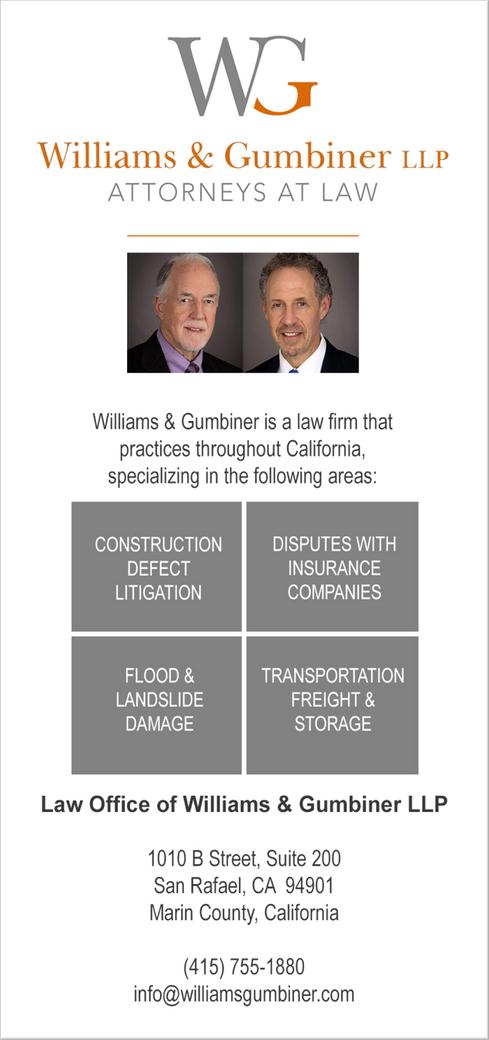
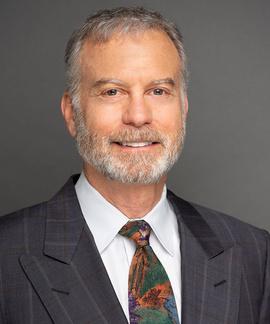


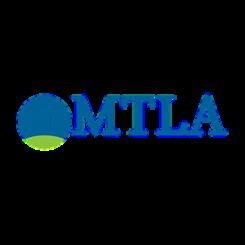
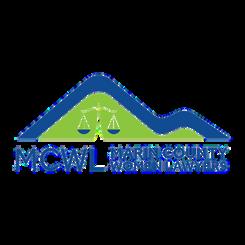

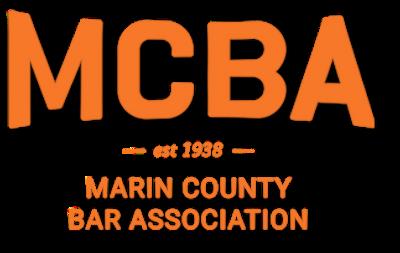


 Ahtossa Fullerton, Tiela Chambers, Sherry Diamond, Morgan Daly, Robert Rosborough, Nestor Schnasse, Alexander Vahdat & Mee Mee Wong
Sonoma County Bar Association Santa Clara County Bar Association
Marin Trial Lawyers Association
Marin County Women Lawyers
California Women Lawyers
Ahtossa Fullerton, Tiela Chambers, Sherry Diamond, Morgan Daly, Robert Rosborough, Nestor Schnasse, Alexander Vahdat & Mee Mee Wong
Sonoma County Bar Association Santa Clara County Bar Association
Marin Trial Lawyers Association
Marin County Women Lawyers
California Women Lawyers
According to the United States Office of Refugee Resettlement (“ORR”), since October of last year, at least 382 children have moved to Marin from ORR shelters all over the country. These children have come to live in Marin because they have parents or other family members or guardians living in the county. Our county’s lack of free or low-cost immigration legal service providers will leave the majority of these children without the help they need.
Many of these children will qualify for legal status in the United States, a chance at a work permit, lawful permanent residence (a “green card”), and, eventually, possible U.S. citizenship. One such path is through Special Immigrant Juvenile Status (“SIJS”). This is a type of protection for children in the U.S. who have been abused, abandoned, or neglected by one or both parents a determination that a state court must first make, then submit to the U.S. Department of Homeland Security to grant the SIJS petition. While the wait can be several years to obtain lawful permanent residence under SIJS, some applicants may be able to get a work permit in the meantime
Another large number of the children who have moved to Marin from ORR shelters also likely qualify for asylum in the United States Asylum is available to those who can demonstrate a wellfounded fear of persecution in their country of origin based on their race, religion, political opinion, national origin, or membership in a particular social group. Like SIJS, asylum can lead to lawful permanent residence and eventually U.S. citizenship.
Despite these clear potential paths to lawful status for many of these children, the reality is that, without legal counsel to help them navigate our famously complex immigration laws, they will likely end up losing those opportunities. Without being able to apply for those benefits, they may enter adulthood forced into a situation all too common for Marin’s hardworking immigrant residents – working under the table for low and unsustainable wages
Marin County has a notable lack of free or lowcost legal services for immigrants who are defending themselves against removal (or “deportation” as the prior law referred to it). The only non-profit organization in Marin that consistently represents those in removal proceedings

free of charge is Canal Alliance, but it is limited to representing only unaccompanied minors and only a limited number. According to Managing Attorney Joana Castro Simonini, Canal Alliance currently has the capacity to represent 85 unaccompanied children in removal proceedings. Those who can afford it may be able to find a private attorney who will take their cases, but it will cost them thousands of dollars, a price far out of reach for most new immigrants, most of whom arrive in this country with a large debt to pay for the cost of their travels here.
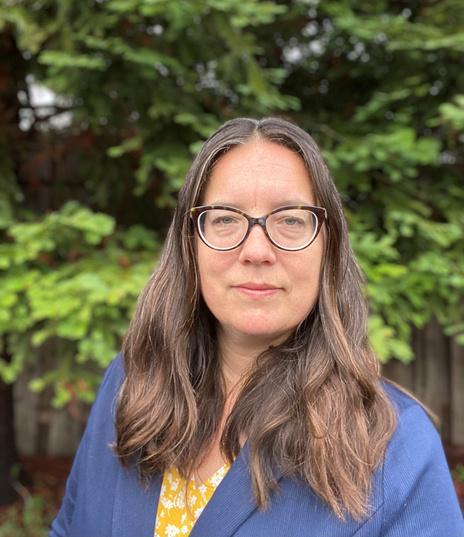
Unlike Marin, other Bay Area counties have abundant resources for people in removal proceedings. In Contra Costa, the organization Stands Together Contra Costa takes cases for those with ties to that county. Alameda, Santa Clara, and San Francisco counties are home to multiple organizations that will represent people in removal proceedings, including the public defenders’ offices, which take some removal cases for those with ties to the county.
But if you live in Marin, and you are not fortunate enough to have ties to those other counties (such as a job or a family member), you are most likely out of luck when it comes to accessing free immigration counsel. This leaves hundreds of recently arrived children, as well as
many of their parents, family members, and guardians, who may also be in need of help with their immigration cases, to fend for themselves as the Department of Homeland Security’s lawyers try to remove them from this country. While this seems at first like a perfect opportunity for those of us looking for pro bono hours, that also proves difficult. Without experience or intensive supervision, a wellmeaning pro bono attorney can truly put a client’s life at risk, as well as the lives of the client’s family members. One solution may be to develop a program where an experienced immigration attorney serves as a pro bono coordinator who can provide intensive mentoring and supervision to those who are willing to help out our vulnerable and marginalized immigrant residents. Perhaps what Marin most needs is a fund to help its residents pay for the legal services they need to stay in the United States, raise their families, and continue to do the important work upon which we all rely to maintain the quality of life we enjoy in this county.
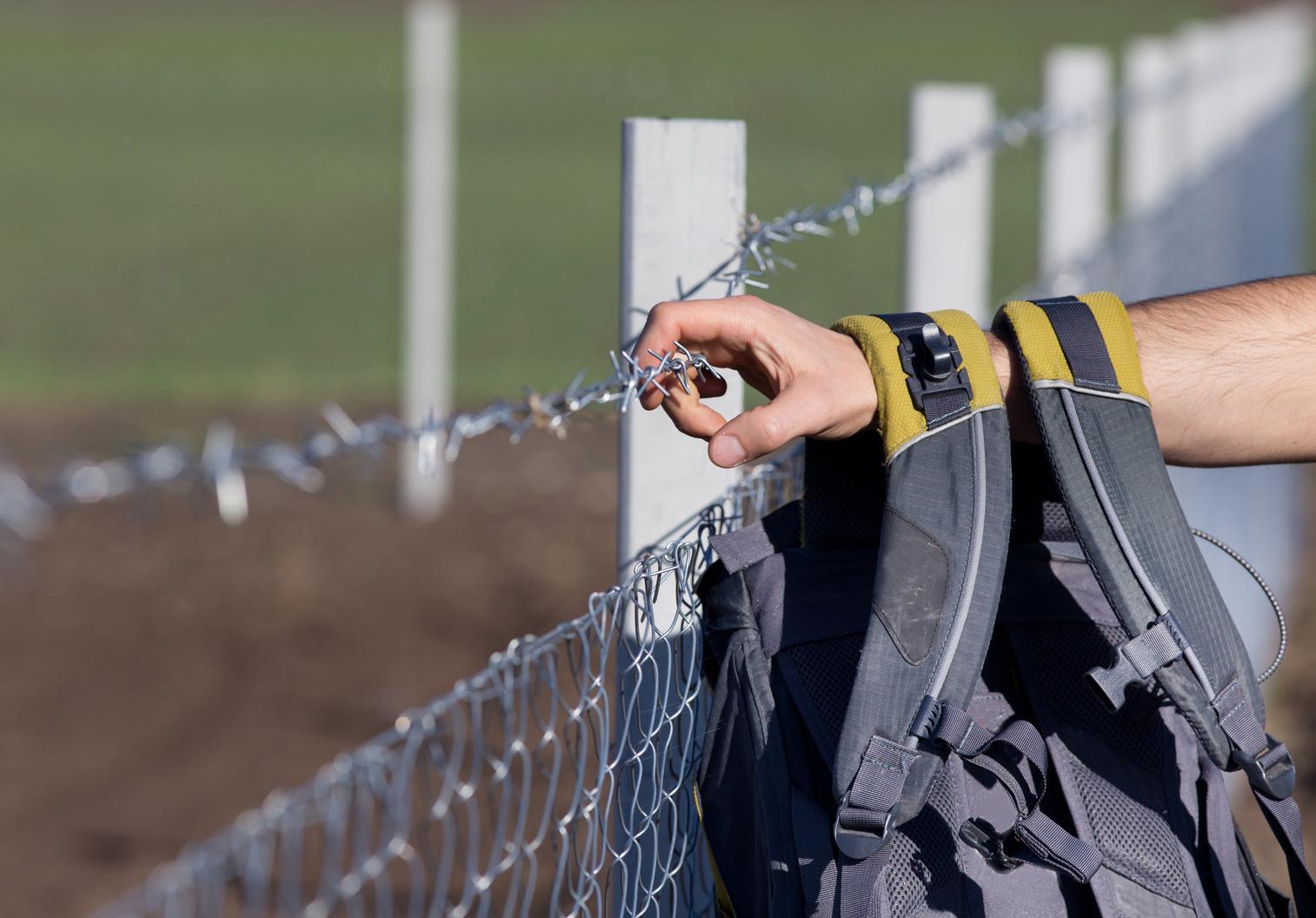
Roxana Ayala
Family & Children's Law Center Attorney Membership
Hon. Carolina Babbidge Legal Aid of Marin Non-Profit

Admin. Judge Michael Cabotaje Social Security Administration Office Honorary
Fiona Duffy Attorney Membership
Nadja Green Delfino Green & Green
Ragghianti Freitas LLP Attorney Membership
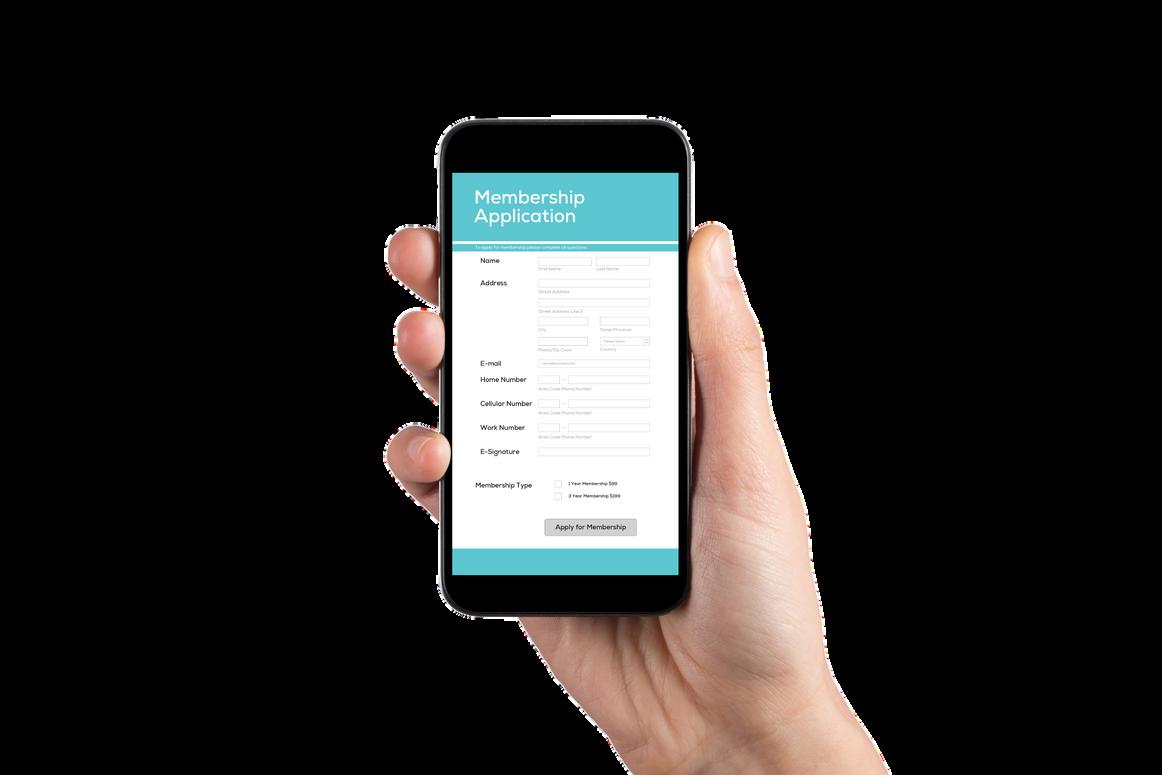
Heather-Ann Young Brayton Purcell LLP Attorney Membership

Build relationships with fellow attorneys and other professionals.
In collaboration with our sections, we offer many CLE programs, covering topical and timely issues.
MCBA, with The Marin County Law Library, offers free legal consultations through our Lawyers in the Library program.
MCBA supports financially disadvantaged students pursuing a law school degree and all high schools participating in Mock Trial.
MCBA’s website and monthly Marin Lawyer newsletter deliver updates on events, court notices, timely legal articles, and legal community news.

MCBA membership provides access to an exclusive community of attorneys and other legal professionals. Explore your leadership potential through board and committee involvement.
Renewal is even easier with our auto-renewal service.
Special offers from select partners.
THERE ARE MANY EXCELLENT REASONS TO BECOME A MEMBER OF MCBA! HERE ARE JUST A FEW:
Ann Diamond was a family law pioneer, lauded by many in the California legal community as an unstoppable force changing family law for the better, particularly in the service of women, who had often seen the law work against them. She was the first woman president of the Marin County Bar Association. She founded the first all-female law firm in the country. Under her mentorship, her law partners went on to become Marin County Superior Court judges: Judge Verna Adams and retired Judge Beverly Savitt. Ann also played significant roles in creating the Marin County Women Lawyers and the Family & Children’s Law Center.
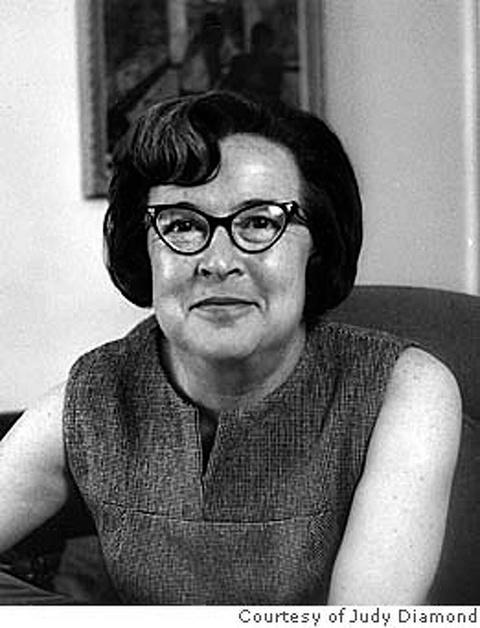
Ann was one of the very few women to graduate from law school in the 1930s; she was one of only three women at Case Western School of Law and placed third in her class. She worked at the National Labor Relations Board as a legal advocate during Franklin Roosevelt's New Deal. After putting her legal career on hold to become a stay-at-home mother in the 1950s, Ann eagerly reentered the practice of law in the 1960s, continuing as that unstoppable force until her retirement in the 1980s
Of her many accomplishments, her successful promotion of women as family law attorneys placed her in high esteem with an entire generation of attorneys. Just as significantly, she was instrumental in implementing child and spousal support guidelines, now such an integral part of the California Family Code that it is hard to imagine that she began practice in an era without them. Ann's deeply held views on the need for family law reform and her deeply committed actions to bring about that reform helped bring a more balanced and even-handed approach to divorce. That the evolution of civil rights for women and the march forward towards equality coincided with her work in the family law arena is no coincidence: the reform of family law played an important role in this progress As Justice Donald B. King stated in 1987, ''To call
Ann Diamond an outstanding family lawyer is wholly inadequate. More than just a pioneer in the family law field, she has been our teacher, our example, our leader, and our guru.''
Ann Munene could hardly be a more fitting recipient of the Ann Diamond Young Lawyer Award. Awards remind us of legacy and history; awarding them to someone like Ann Munene who embodies that legacy and history helps instill it in others of this generation and inspires the next The MCBA Board of Directors proudly and unanimously awards the Ann Diamond
program and workers rights clinic.
She prosecuted wage theft, discrimination, harassment, and wrongful termination claims in federal and state courts. She prosecuted wage claims at the Department of Labor Standards Enforcement. And she regularly led community workshops and legal clinics to educate individuals on their employment rights. For her work with Legal Aid of Marin as a workers’ and tenants’ rights advocate, she was one of two finalists for the 2017 Marin Trial Lawyer Association's President’s Award.
Ann was a Ralph S. Abascal fellow, then a staff attorney, at Legal Aid of Marin, primarily providing workers’ rights advocacy to underserved and vulnerable Marin County residents.

Following her work at Legal Aid of Marin, Ann joined Jones Clifford, practicing in the areas of workers’ compensation and public employee retirement law She recently completed a term on the MCBA board of directors and she has chaired MCBA's legal scholarship committee for many years. Please join the MCBA board in congratulating Ann!
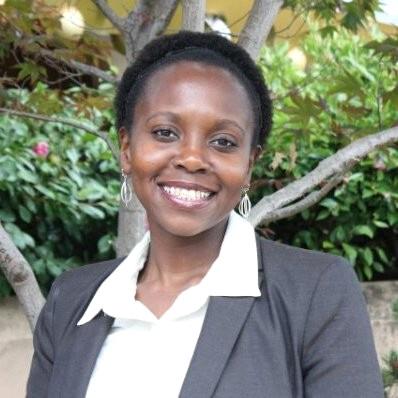
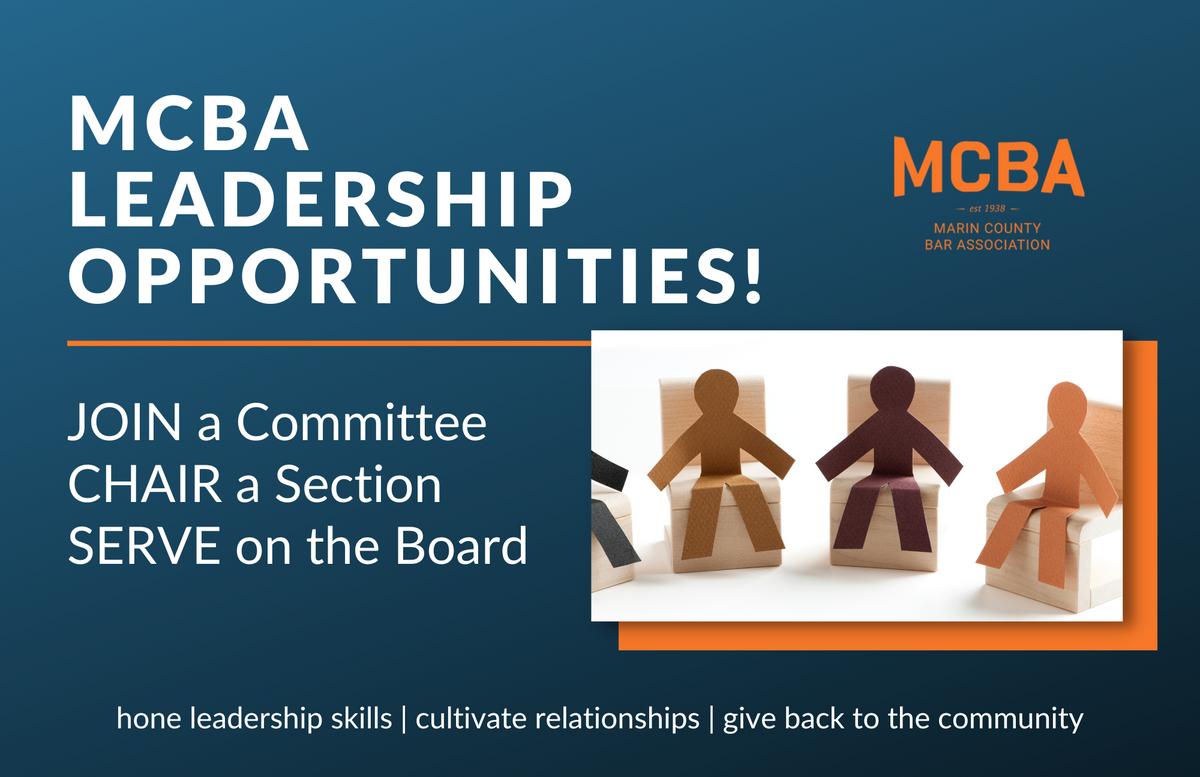
Over 9.2 million lawful permanent residents are eligible to apply for citizenship in the United States. Yet, less than one million people apply each year. Barriers within our immigration system have made it difficult for many people, especially low-income immigrants, to achieve their dreams of citizenship. For over 11 years, the New Americans Campaign, led by the Immigrant Legal Resource Center, has transformed how aspiring citizens navigate the path to becoming new Americans.
In Marin County, about 9,500 residents are eligible for naturalization and can benefit from citizenship's many advantages, like voting and being protected from deportation. 1
But one can't just apply for citizenship Most people go through immigration journeys that can span decades to obtain their "green cards" (lawful permanent residency), and the process often involves luck, hardship, and perseverance. Once they receive that status, they must meet the years of required residency (three or five years, depending on certain factors), pass an English and Civics test, and show good moral character. 2 The median period spent as an LPR for all naturalized citizens is over seven years, but many wait longer. 3 The application cost is prohibitive for low-income people, and the lack of information and affordable legal assistance makes the process confusing and burdensome.
For over 11 years, the New Americans Campaign ("NAC"), led by the Immigrant Legal Resource Center, has transformed how aspiring citizens navigate the path to becoming new Americans. We have 200 partners and count on the support of a core group of funders committed to naturalization.
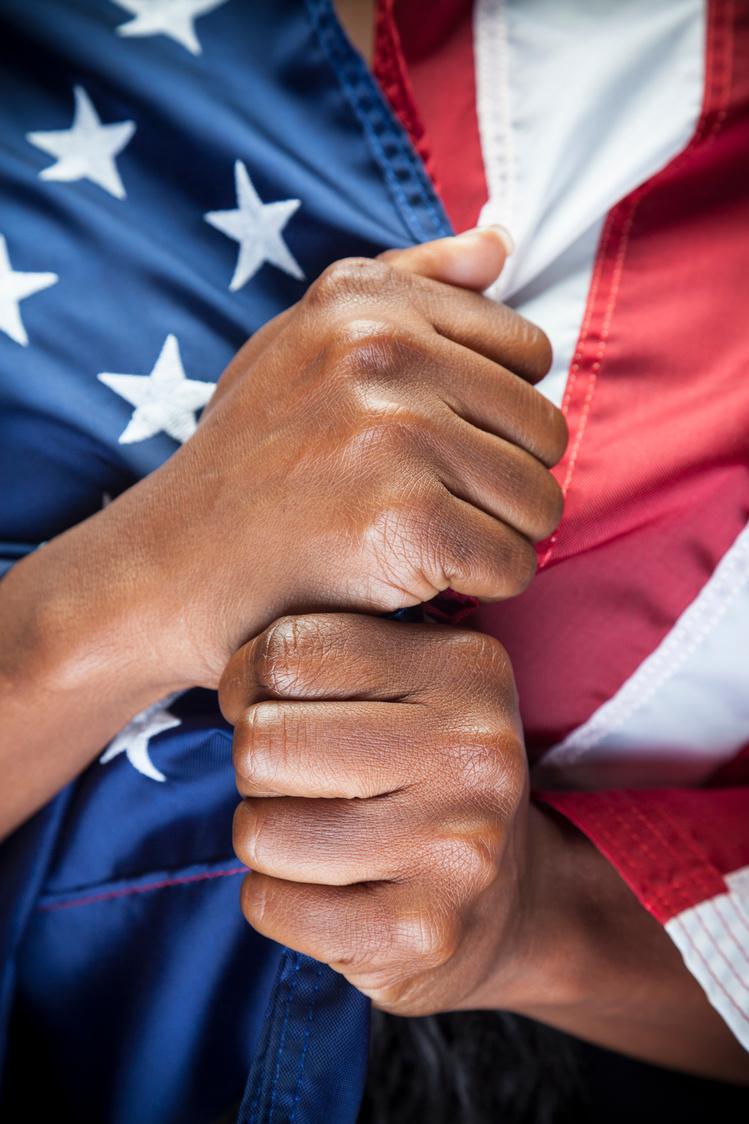
The NAC aims to connect LPRs to trusted legal assistance and critical information that simplify
the naturalization process and, to date, our partners have helped over 560,000 aspiring Americans complete the application for naturalization. With an annual budget of about $6 million, we remove barriers to citizenship through investment in immigrant-serving organizations, offer technical assistance and best practices, and lead bold policy and advocacy efforts. The NAC is also investing in civic engagement, educating newly naturalized citizens about voting and their new rights.
Immigrants who have long been contributing to our country's strength should be able to access the opportunities that citizenship provides for all Americans. The Biden administration has worked to reduce barriers to naturalization, 4 but work remains to undo the damage left by the Trump administration and deal with historic application backlogs resulting from the COVID-19 pandemic.
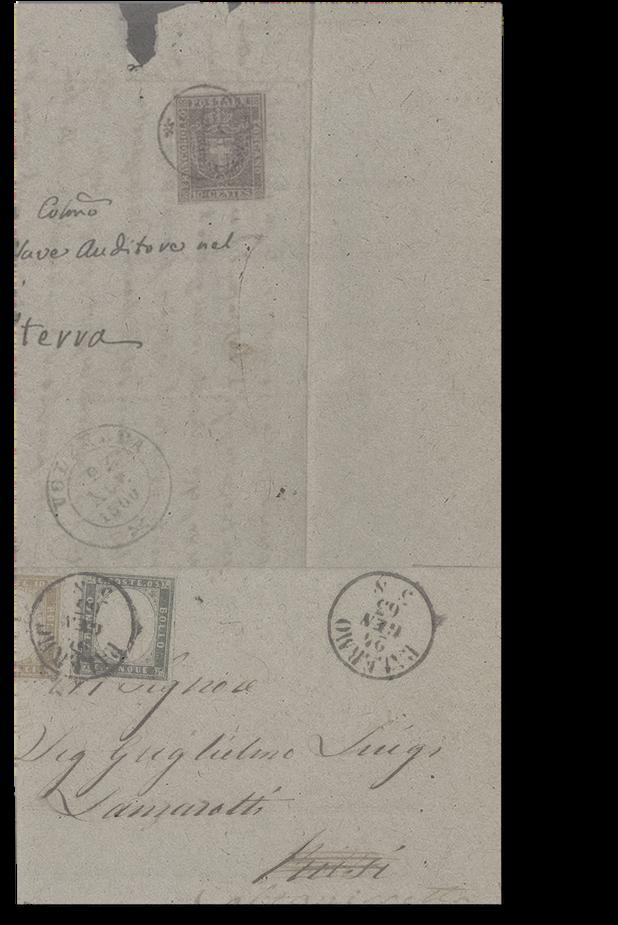
Increasing naturalization for LPRs comprises a long-term vision of integrating immigrants into the fabric of our society, and into communities like Marin. When we help aspiring Americans become citizens, we uphold the tenets of our democracy: Civic engagement, vibrant communities, and building a stronger future for our nation. Citizenship also provides LPRs additional opportunities, including the right to vote, easier travel outside the U.S., and an average income increase of eight to eleven percent. 5
If you or someone you know has a citizenship question, eligibility can be determined via an online tool created by one of our partners, Citizenshipworks. Visit our website, the New Americans Campaign, to find information on how to apply, access legal assistance, and find out if someone qualifies for a fee waiver. Now is the time to promote this path to citizenship so rooted in our history and democracy.
Lucia Martel-Dow joined the Immigrant Legal Resource Center in 2021 as Director of the New Americans Campaign. Before joining the ILRC, Lucia worked as Director of Immigration and Social Services at Canal Alliance Born and raised in Venezuela, she has lived in the Bay Area since 2007 She is a member of the California bar and has a Master of Laws from the University of California, Hastings College of the Law, and a Master’s in International Law and Relations from the University Complutense of Madrid. You can reach her at lmartel@ilrc.org or call her at (415) 321-8576
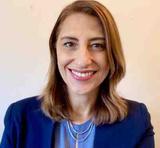

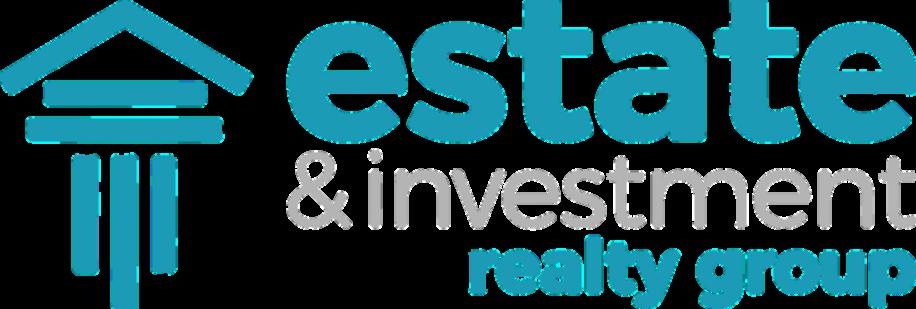
In November, MCBA hosted the third annual virtual Bay Area MCLE Conference in partnership with the Alameda County Bar Association, California Women Lawyers, Santa Clara County Bar Association, Sonoma County Bar Association, Marin County Women Lawyers and the Bar Association of San Francisco. The conference presented 15 programs, which provided over 920 collective hours of CLE credit to the attendees, who overwhelmingly rated the speakers and program content as outstanding. As always, the conference covered a diverse array of topics, which together provided nearly all the specialty CLE credits the State Bar requires.
We were honored to have four stellar keynote speakers:
On day one, popular SCOTUS legal analyst Professor Rory Little joined Professor Radhika Rao to discuss the history of reproductive rights, the background leading to the controversial Dobbs decision, and its implications for the future.
On day two, Professor of Law and Anthropology Arzoo Osanloo spoke on The Crisis in Iran: The Neglected Relationship Between Culture and Rights. She traced the civil laws in Iran to their origins in Europe and discussed the parallels between the Iranian legal system and the American legal system. She also discussed why the international legal response to the current protests in Iran has been so muted relative to other international crises.
On day three, Kim Brown, President of Brady United, discussed gun control in the United States, and the challenges it faces, particularly in light of the Supreme Court’s Bruen decision last year, including legislative activity around the country.
Our remaining programs offered many more fascinating topics and speakers:
Christopher Locke of Farella Braun & Martel moderated a stellar panel on the Climate crisis and Resilience: Wildfires, Water Resources, and State and Federal Action with luminaries Michael Kiparsky, Ph.D.; Kevin Poloncarz; and Michael W. Wara, Ph.D. Unlike virtually any other climate change program, this panel covered the concrete legal challenges in addressing specific climate change issues here in California, namely, water rights, wildfires, and gas emissions.
Senior Lab Consultant and Behavioral Scientist Caitlin Handron, Ph.D., of Ropes & Gray’s innovative Insights Lab, discussed the neuroscientific basis of implicit bias in Implicit Bias: Insights and Solutions from Neuroscience and how that informs her work and can inform our own effectively addressing its effects in organizations.
The State Bar provided a primer on its brandnew requirements in The Client Trust Account Protection Program. These requirements are now in effect and if aren’t familiar with them, it’s worth watching the recording of this program.
In The Work-Life Balance: Oxymoron or Achievable with the Right Formula? Author and Law Professor Lara Bazelon in conversation with California Women Lawyers’ President Mika Domingo discussed how and why women lawyers try to do it all and offered insight into what we mean and what we want when we talk about work-life balance
Estate Planning Attorneys Michelle Lerman and Sarah Kern together with Malpractice Attorney Thomas D’Amato provided helpful insights on the Ethical Issues in Trusts and Estates Representation: Best Practices to Avoid Malpractice.



Professor Joshua Davis described the pathways and constraints of Artificial Intelligence and its ethical applications to the law in The Ethics of Robojudges and Robolawyers.
Panelists Diane K. Hanna, Kevin Haroff, Leah Rothstein, and Mary Sackett discussed the history of redlining and its impact on Golden Gate Village in The Local Impacts of Discriminatory Government Housing Policies.
Panelists Leslie Levy, Tom McInerney, and Jessica Stender (of Equal Rights Advocates) presented various views on new legislation
To fulfill our competency CLE requirement, Michelle Sicula, a therapist and former attorney, and Alameda County Bar Association CEO and General Counsel Tiela Chalmers discussed how to recognize substance abuse and cognitive decline, presenting various case scenarios on best practices to have that difficult conversation to encourage a person to seek assistance
Trial Attorneys Morgan Daly and Emily Charley provided a comprehensive road map on the Top 10 Issues in Objections: A Hearsay Primer based on their survey of Bay Area judges
Title Attorney Bryan Kreft and General Counsel of Lennar Title Suzette Torres discussed What Every Lawyer Should Know About Real Property Title: Avoiding and Fixing Common Problems The speakers provided non-specialist lawyers with excellent practical advice based on examples of common title errors and solutions.
And finally, Ret. Judge Glen Reiser end the conference with a fascinating, if alarming, discussion of the Szyller and Breslin cases and their implications for non-participants in intra-family trust and probate litigation and mediation.
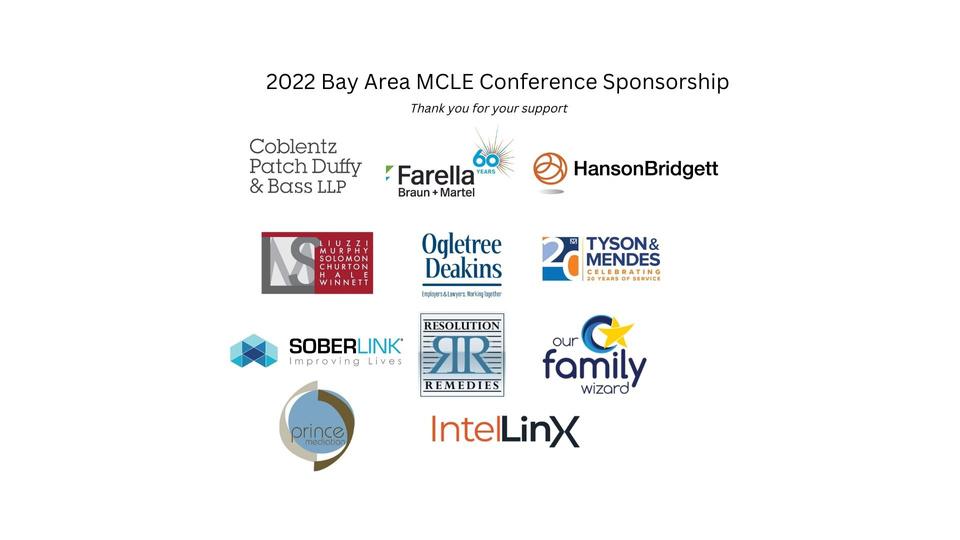


Thank you for your support
the Library community service llaboration between the Marin rary and the Marin County Bar wyers in the Library offers free sultations with an attorney for ho cannot afford private legal services.
Thank you to the extraordinary MCLE conference committee, Tiela Chalmers, Sherry Diamond, Morgan Daly, Ahtossa Fullerton, Robert Rosborough, Nestor Schnasse, and Alex Vahdat, for putting on a truly interesting and informative conference. We also express special appreciation to our conference sponsors, without whom the conference would not have been such a success:
19, the program meetings take place via Zoom Please sign up for a time to help today.
Thank you for supporting this important community service program.
The Marin Lawyer
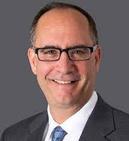
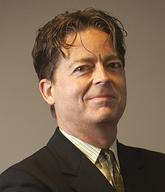
Thank you to Past President J. Timothy Nardell, 5–year Past President Wanden Treanor, and Directors Emily Charley, Christopher Locke, Ann Munene, and Karthik Raju- whose terms expired at the end of 2022- for their invaluable support and stewardship. And special gratitude to 2022 President Robert Rosborough for his leadership and inspiration to MCBA and continued oversight of The Marin Lawyer magazine.
Any Attorney Member may be nominated for any vacant office if such member possesses the qualifications required in the MCBA Bylaws. Consider applying for the 2024 Board by September 1, 2023 For more information contact mwong@marinbar org
Ahtossa P. Fullerton President Wasacz, Hilley & Fullerton LLP
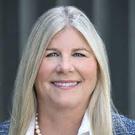
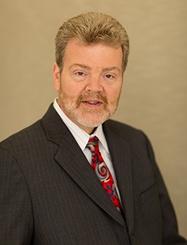
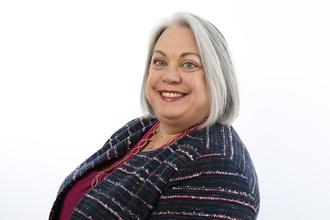
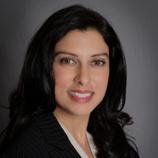
Scott Buell President-Elect Buell Law & MediationRobert
Rosborough Past President Monty White LLP
Thomas McInerney Secretary
5-Year Past President McLain Mediation
Kristine Fowler Cirby Treasurer Cirby Family Law Offices
Chelsea E. Heaney
2023 Director
Vance & Wills, P C
Thomas M. McCallister
2023 Director
Marin County District Attorney's Office
Neusha N. Ghaedi
2024 Director
DeMartini, Walker & Ghaedi LLP
Mary A. Stearns
2024 Director
Alternate Defenders Incorporated
David L. Winnett
2024 Director
Liuzzi Murphy Solomon Churton Hale & Winnett LLP
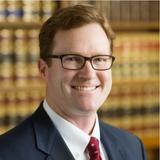
Morgan H. Daly
2025 Director
Law Office of Morgan Daly
Lucie C. Hollingsworth 2025 Director
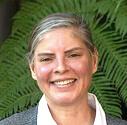

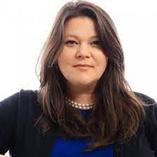
Legal Aid of Marin
Valerie G. Kushel 2023 Director
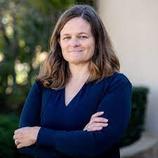
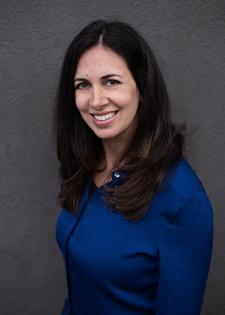
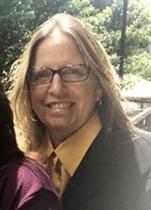
VGK Law
Mary M. Sackett
2023 Director
Marin County Supervisor, District 1 Jeffrey G. Knowles 2024 Director
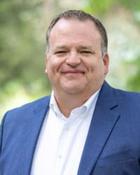
Coblentz Patch Duffy & Bass LLP
Alexander S. Vahdat 2024 Director
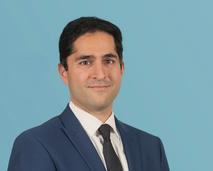
Berman Tobacco
Robyn B. Christo 2025 Director
Epstein Holtzapple & Christo Shanti Eagle 2025 Director
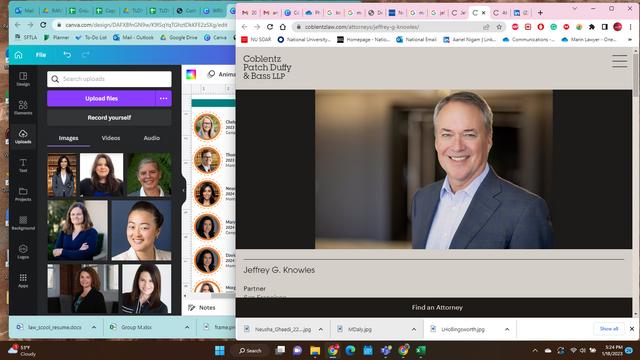
Farella Braun & Martel LLP
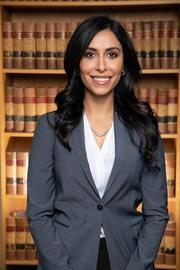
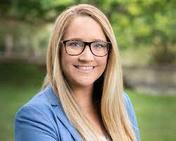
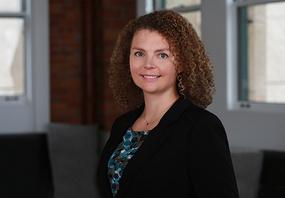
Elisha J. Yang 2025 Director
Hanson Bridgett LLP

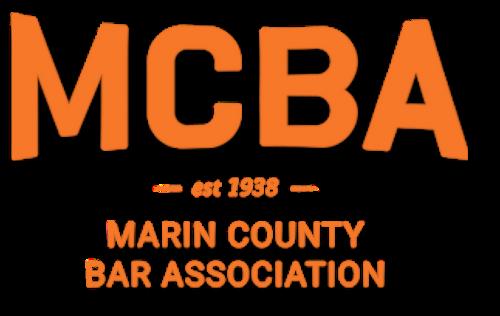

To involve, encourage, and support Bar Association members, to serve as a liaison to the Marin County Courts, to educate the community and enhance access to legal services.